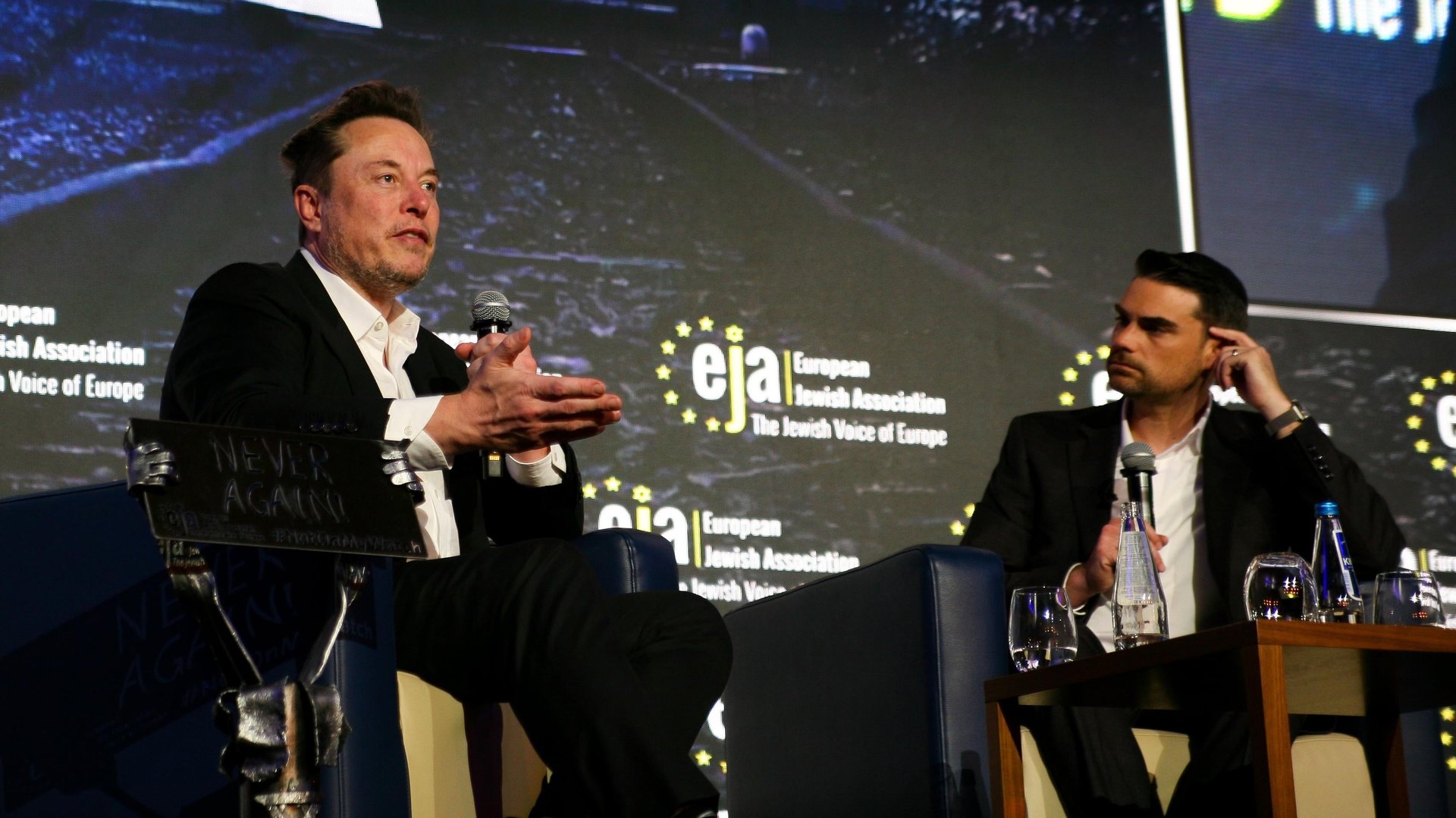Tesla dropped diversity language from its annual report — just before Black History Month
No more talk of being a "majority-minority" company at Elon Musk's Tesla

Tesla’s annual shareholder report is out. It includes a bunch of growing numbers: Almost $100 billion in revenue, more than 1.8 million cars delivered to customers, more than 140,000 employees. But one thing that isn’t increasing in size, just ahead of Black History Month in February, is the “Human Capital Resources” section of the yearly filing. Specifically, language referencing the electrical automaker’s “majority-minority workforce” — whose employee resource groups were empowered to “take charge” of fostering change at the company — is gone.
Suggested Reading
The omission is hardly a surprise from someone with as spotty a track record on diversity as Elon Musk. The Tesla CEO has come under fire for claiming that Boeing’s issues with the 737 Max 9 are because it had hired too many non-white pilots and factory workers. He also sued the American Defamation League last year because the group was calling attention to a surge in hate speech on his X social media platform and scaring off advertisers.
Related Content
Such issues have come up on a systemic level within Musk’s companies. Workers at a solar facility in New York complained to the Equal Employment Opportunity Commission in 2019 that they worked in a segregated factory hostile to Black and Hispanic workers and rife with racial slurs. In 2021, a jury ordered Tesla to pay $137 million for failing to protect a contractor from similar conditions at a Tesla factory. And last year, the federal government sued SpaceX for a “routine, widespread, and longstanding” employment discrimination against asylum recipients and refugees.” SpaceX has had some success fighting that lawsuit in recent months.
Increasingly depleted ‘Human Capital Resources’
For 2020, the “Employees” section was just two sentences: “As of December 31, 2019, Tesla, Inc. had 48,016 full-time employees. To date, we have not experienced any work stoppages, and we consider our relationship with our employees to be good.”
Then, 2021 brought the addition of 606 words about Tesla’s goals to “attract a pool of diverse and exceptional candidates and support their career growth.” Plus, investors got to hear about how the company’s 99,290 workers “have the right to freely discuss their wages, benefits and terms and conditions of employment and to raise complaints internally and externally” and “employee resource groups across numerous locations, including Asian Pacific Islanders at Tesla, Black at Tesla, Intersectionality, Latinos at Tesla, LGBTQ at Tesla, Veterans at Tesla and Women in Tesla.”
In 2022, there were 666 words in the Human Capital Resources section of the shareholder report. The “majority-minority workforce” of 127,855 got a shout-out, as did the employee resource groups — if not in as explicit language.
The human capital section has grown to 979 words in the new report, but it says next to nothing about the diversity of its now 140,473 employees. “Harassment, retaliation, violence, intimidation and discrimination of any kind on the basis of race, color, religion, national origin, gender, sexual orientation, gender identity, gender expression, age, disability or veteran status” are not tolerated, it says.